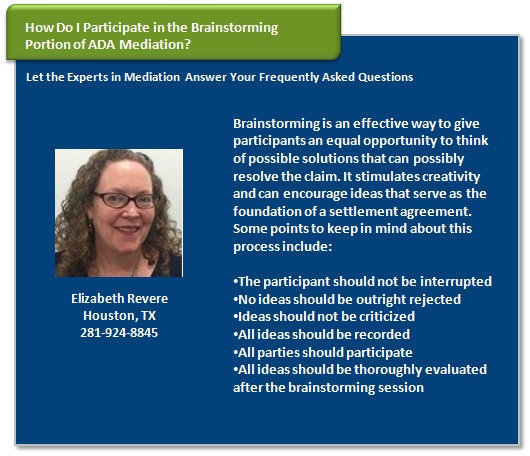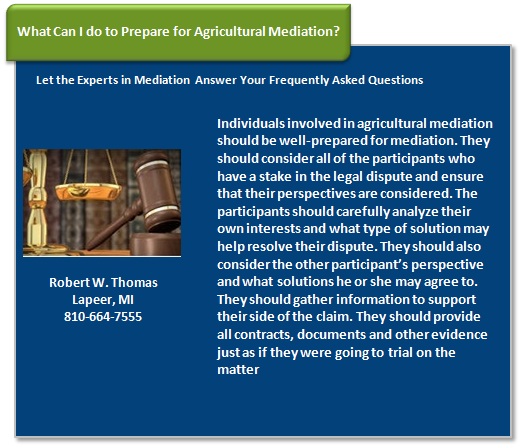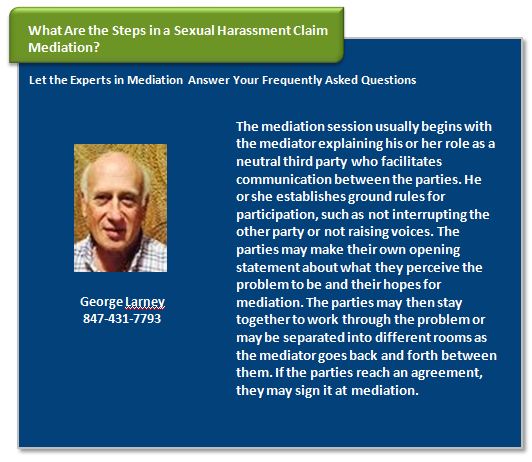 The Americans with Disability Act provides protections for disabled workers. This area is ripe for dispute when an employee feels mistreated or when not given an accommodation he or she requests. The mediation process can
The Americans with Disability Act provides protections for disabled workers. This area is ripe for dispute when an employee feels mistreated or when not given an accommodation he or she requests. The mediation process can
Role of the Mediator
The mediator leads the mediation process. He or she may meet with one party at a time to understand his or her perspective. He or she is a neutral party in the process, but can help by lending a sympathetic ear and offering insight into how the claim may play out in front of a jury.
At the beginning of mediation, the mediator sets ground rules. He or she keeps the parties focused on achieving their interests. He or she also encourages the parties to be vested in the process and to try to think outside the box. The mediator helps the parties narrow on certain issues by finding points of agreement.
Role of the Participants
The participants are required to mediate in good faith. This means that they will strive to settle their claim if possible. However, the parties are free to accept or reject settlement offers as they develop throughout the course of mediation. Any agreement must be completely voluntarily entered into. The mediator will talk to each party and encourage them both to be candid about their positions and what they are hoping to get out of the mediation process.
The mediator may also ask the parties to brainstorm new ideas. He or she may tell the parties to throw out of every possibility that may help resolve their issue. This may include various types of accommodations that may help the disabled worker. The parties should not outright reject any options. One idea may spur another one into existence. The parties should have an open mind throughout the process.





 Elizabeth Revere
Elizabeth Revere
 With more states legally permitting marijuana for medical and recreational purposes, the legal arena is ripe with newly considered issues. These legal matters may be based on outdated policies, the intersection between federal and state law and other novel concepts. Mediation can allow parties to reach their own agreement and not have to rely on a court with rules that may lag behind reality or may be unpredictable when considering new legal topics.
With more states legally permitting marijuana for medical and recreational purposes, the legal arena is ripe with newly considered issues. These legal matters may be based on outdated policies, the intersection between federal and state law and other novel concepts. Mediation can allow parties to reach their own agreement and not have to rely on a court with rules that may lag behind reality or may be unpredictable when considering new legal topics. Mediation is becoming an increasingly common way to resolve a variety of legal disputes. More and more parties embroiled are turning away from the bitter, contentious and expensive litigation process and turning to the collaborative process of mediation. Participants in this process should have a strong understanding of this process before commencing with it.
Mediation is becoming an increasingly common way to resolve a variety of legal disputes. More and more parties embroiled are turning away from the bitter, contentious and expensive litigation process and turning to the collaborative process of mediation. Participants in this process should have a strong understanding of this process before commencing with it.